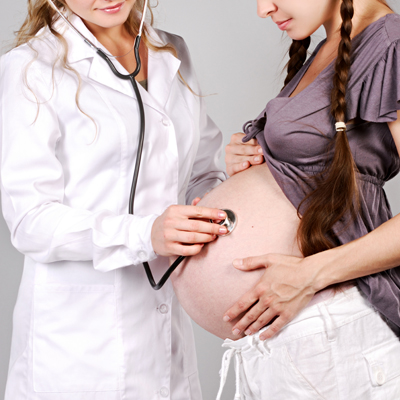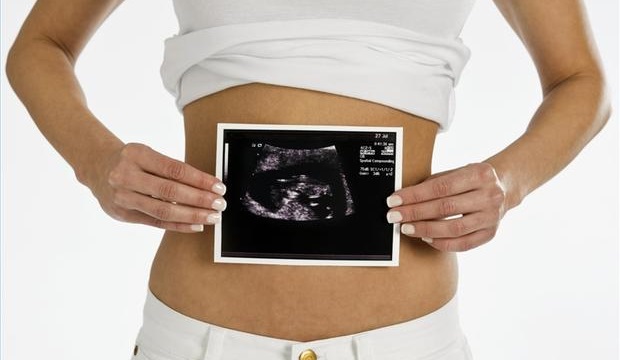Vitamin D intake in pregnancy prevents RSV infections in infants
The Journal of Pediatrics published a study that found infants, who are deficient in vitamin D at birth, have a six times higher risk of developing RSV during their first year of life. Nearly 100,000 children under the age of one are hospitalized every single year due to RSV infections. Pregnant mothers must ensure they have adequate levels of the crucial vitamin throughout pregnancy in order to protect their unborn child.
RSV, or respiratory syncytial virus, generally causes mild cold or flu like symptoms in older children and adults. An RSV infection in babies can be much more serious and is more likely to result in complications including pneumonia. Infants under one year of age generally experience the greatest severity of RSV infections. Researchers identified low vitamin D levels at birth as a significant risk factor for RSV infections in the first year of life. Researchers evaluated cord blood samples for vitamin D levels and found that over 50% had deficient levels of vitamin D. Researchers also surveyed the mothers on vitamin D supplementation and found that nearly half of the mothers surveyed did not take a vitamin D supplement during pregnancy. Dr. Jennifer Shu, a practicing pediatrician and CNN health expert, stated: 'RSV is just one of the infections of early childhood that may be impacted by in-utero vitamin D.' Vitamin D plays a crucial role in immune function and reduced inflammation. A study published in the Journal of Immunology found that vitamin D decreased the inflammatory response to viral infections. Researchers concluded that vitamin D could reduce inflammation and reduce the severity of RSV infections. Recent research highlights the critical role vitamin D plays in proper immune function. A reduction in RSV infections could be attained if mothers take the initiative to ensure adequate sun exposure or supplement intake. Vitamin D enhances immune function, reducing RSV infections as well as other illnesses. T cells in the body seek out and destroy any invading bacteria or virus. Vitamin D has shown in recent research to trigger T cell function thereby enhancing the immune system. Adequate vitamin D levels are crucial to the function of the immune system and higher levels protect infants and children from a myriad of infections.
Vitamin D is produced in the skin through exposure to sunlight. It is important to get adequate sun exposure without allowing the skin to burn. Sun exposure should be 10-15 minutes in full sun for adequate vitamin D production. Pregnant women should include a dietary supplement of vitamin D in a dosage recommended by a health practitioner. There is much debate as to how much vitamin D is necessary for optimal health. The Institute of Medicine recommends 400 to 600 IU's for women during pregnancy to provide adequate levels and prevent RSV and low immune function in infants. Written by T.M. Hartle Retrieved From: http://www.naturalnews.com/032477_vitamin_D_pregnancy.html
|
|


















